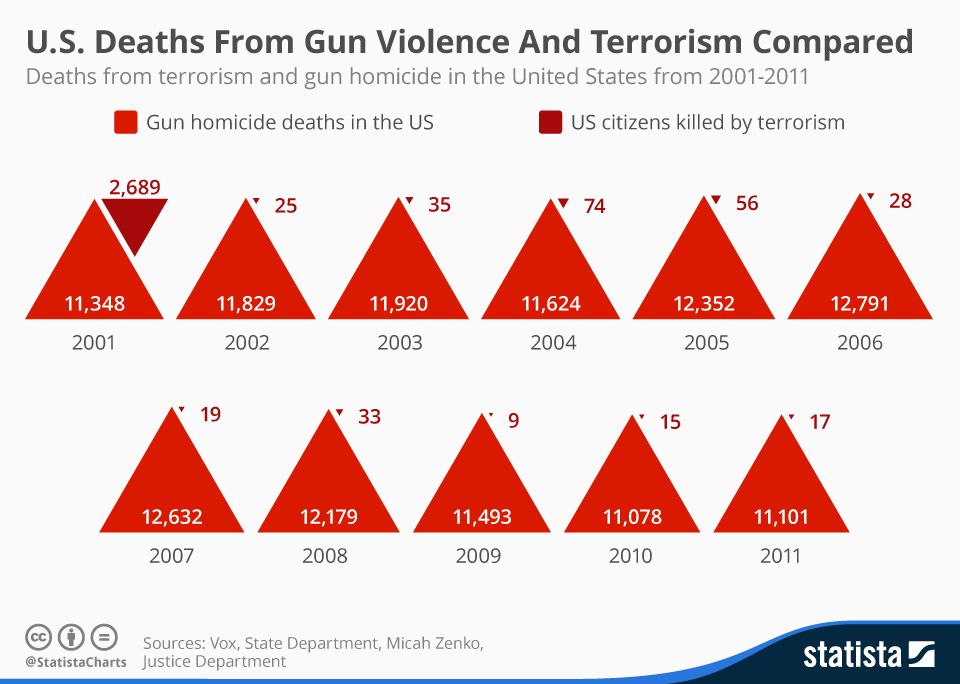Very thoughtful column by Jonathan Freedland:
Hollywood has long known the truth that “nobody knows anything”, but politics is only just getting its head around the idea. Just as no studio boss can ever know which film will hit and which will miss, so the sages of the political trade are beginning to speak with, if not quite humility, then at least caution.
This new-found hesitation has three causes: Scotland, the general election and Jeremy Corbyn. The experts did not see the yes surge coming in last year’s referendum; the pollsters swore 7 May would produce a hung parliament; and not one commentator predicted Corbynmania.
Perhaps it’s a paradox too far to try to predict the next big surprise, but given recent experience few would want to call the coming referendum that will determine whether Britain will remain in the European Union. The only safe bet, one that expects the unexpected, might be to reckon that the current tide of anti-establishment populism – washing away certainties on both sides of the Atlantic, from Syriza to Donald Trump, from Podemos to Bernie Sanders – will come in hard when Britons vote on their European future…
Yep. On the other hand, the hedge fund guys are gung-ho for Brexit, so that should give the insurgents pause. For in that case their enemy’s enemy is certainly not their friend.



